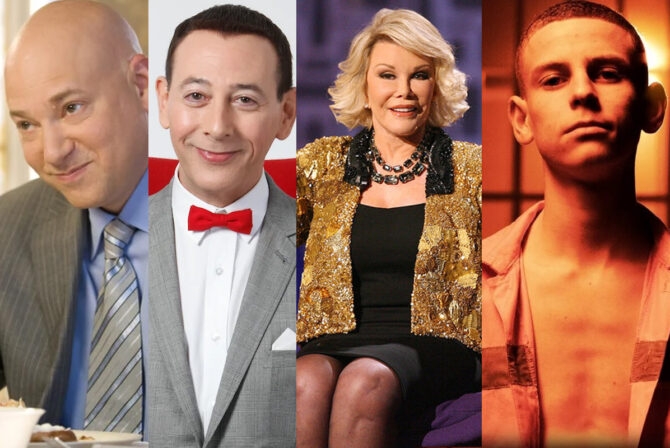“Stop plucking them!” says anyone I tell about my latest obsession. Easier said than done.
It all started when I was about 26. Here and there, a friend would say, “Oohh, I see a grey hair. Let me get it.” I would anxiously wait for her to pull it out and verify: yes, there was a strand of grey in my dark brown natural head of hair. What had me greying at this age? We always hear it’s related to stress, so each piece represented a tricky part of my life: my job at the time, my worries about finding a new one, the desire to find a husband.
I would then request that my head be searched thoroughly, to seek out and destroy any other greys in an otherwise youthful mane. Usually, the friend would find one or two more, and then assure me I was in the clear.
Fast forward to age 32. As a creature of habit, and a mild obsessive, I can’t help but incorporate a head search into my bedtime routine. I stand there with tweezers in front of my mirror and go at it. I start with my part line and locate any short pieces that might have grown back since the night before. Then it’s on to the rest of the head. I’ve developed a fairly successful technique for searching the back of my skull, but when I discover longer strands that have clearly been there for a while, I feel anxious that I may have missed more.
One friend says, “Grey hairs are a sign of character.” Another, “Stop plucking them or they will grow in thicker.” And a hairdresser recently told me that every time I pluck a grey, I leave an empty space on my scalp, meaning I’ll wind up with visibly thinned hair later in life. But I can’t stop.
It’s not so strange, really. Grey hair is a sign of age, and while for much of my life I couldn’t wait to get older, now I fear becoming less mobile, of wrinkling up, of losing my hearing, of becoming less attractive. Many people argue that, with age comes wisdom, gratitude, and maturity. And while I see how this is true, I personally see age as change. Change in appearance, change in mobility, change in responsibilities, and change in routine. Change is scary for me, and something I’ve always struggled to accept. It’s not just vanity: grey hairs scare me.
Society is also to blame. Grey hair is not exactly seen as a representation of beauty. Have you seen any young, female models lately flaunting salt-and-pepper bobs? Even older actresses? At least outside the entertainment industry, and in an era of supposed equality and respect for female achievement, you would think that women who have proved their merits–say, Hillary Clinton–would be able to forgo societal expectations when it comes to appearance. But they aren’t.
And I have to admit it’s not just society in the abstract. I eat up any compliments I get from friends, acquaintances, strangers, and at the moment, people rave about my hair. It is rather nice: shiny, dark, with natural red highlights. But as soon as the grey comes to dominate, those compliments will go the way of the exclamations that “you look so young!” which I pretty much stopped hearing after my first son was born.
There are also practical matters that make greys stressful. As someone who has never made hair a priority–and especially not since having three kids–I get anxious thinking about the day I’ll have too many to pluck myself, and have to start making routine hair appointments to color it. I don’t have that kind of time, but even if I did, two-hour hair appointments just don’t sound appealing. I would rather nap.
But I need to face up to the truth: soon enough, I’ll have a lot more grey hair. By then, will I have been able to face down societal pressure and internal pressure alike? I doubt it. The salon will have a new customer. But at least this might free up evenings currently spent in front of the mirror. And you know what that means: let the search for varicose veins begin.







